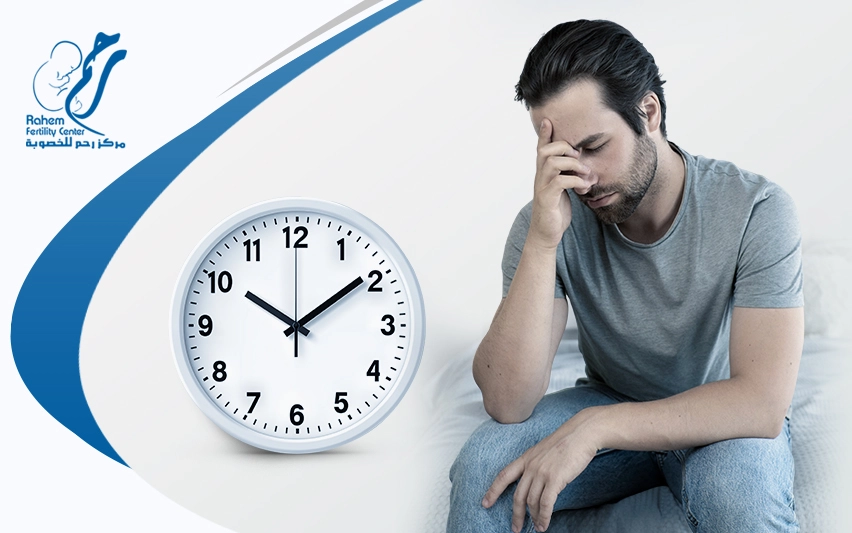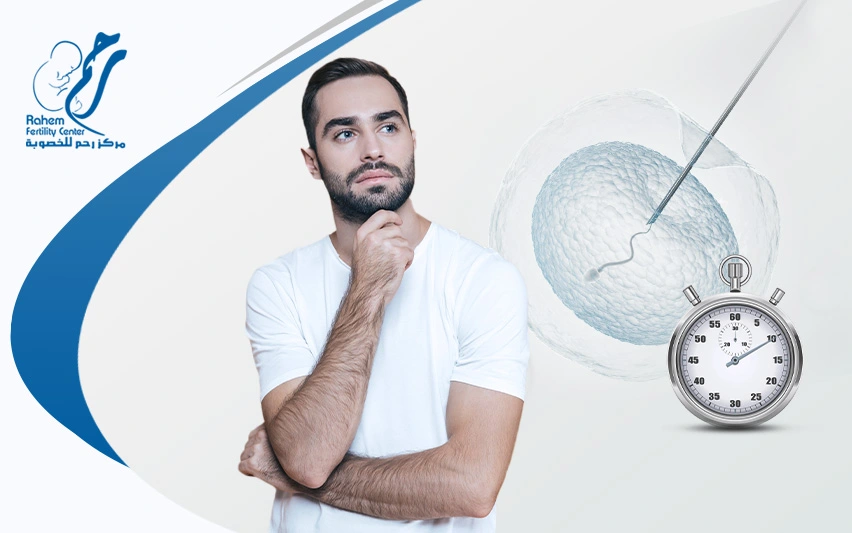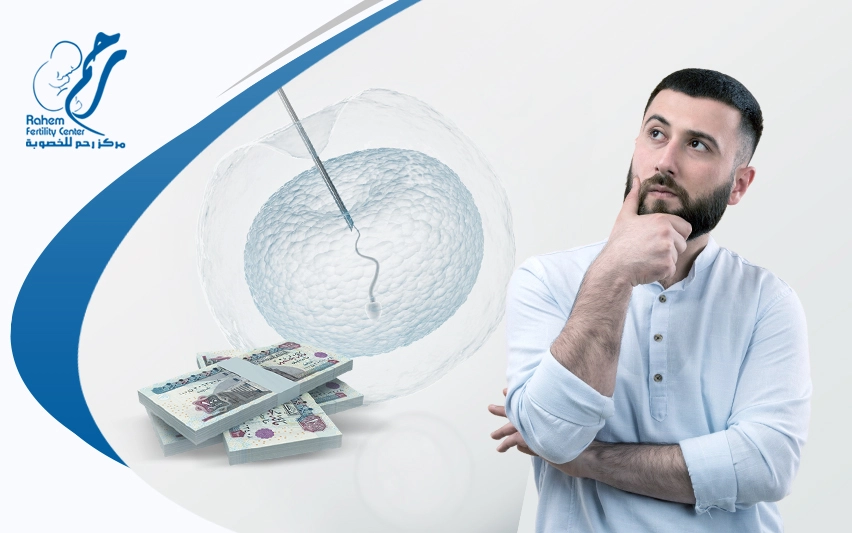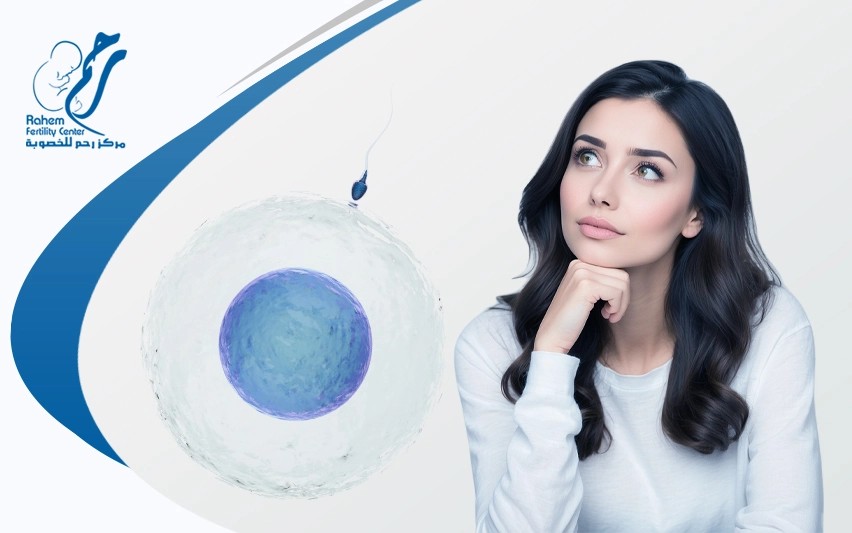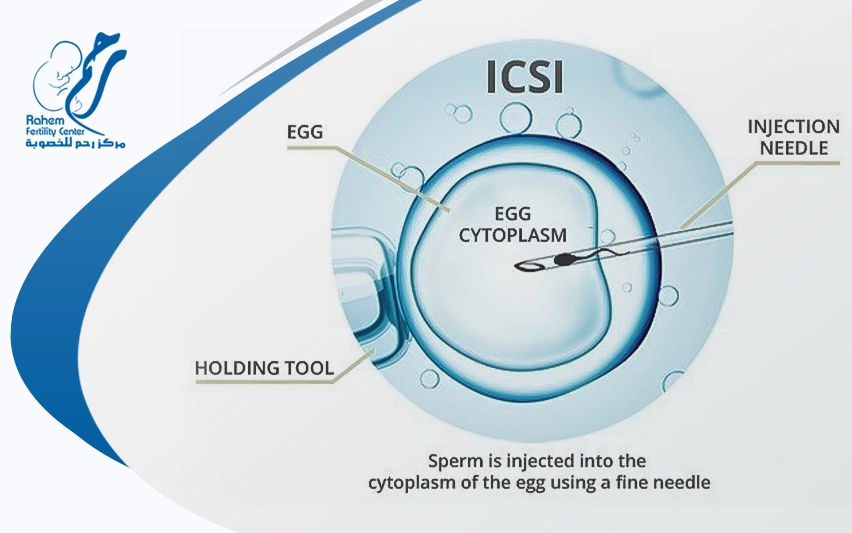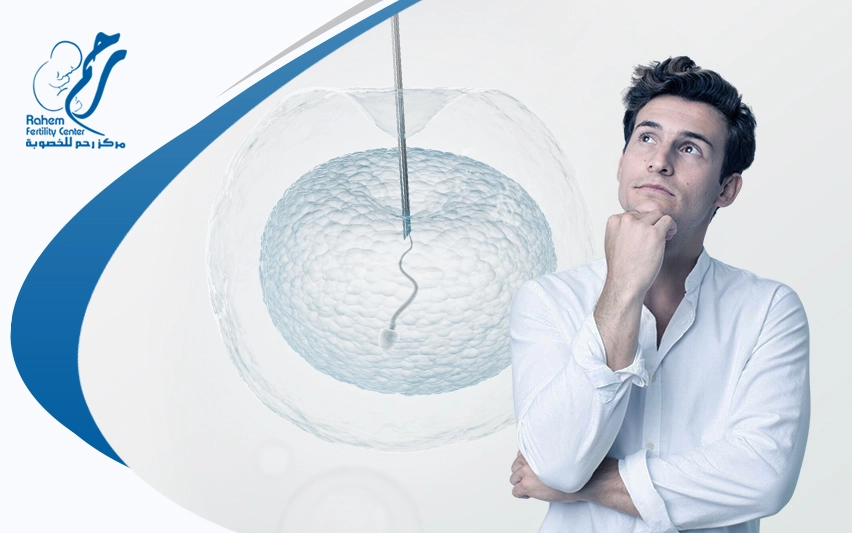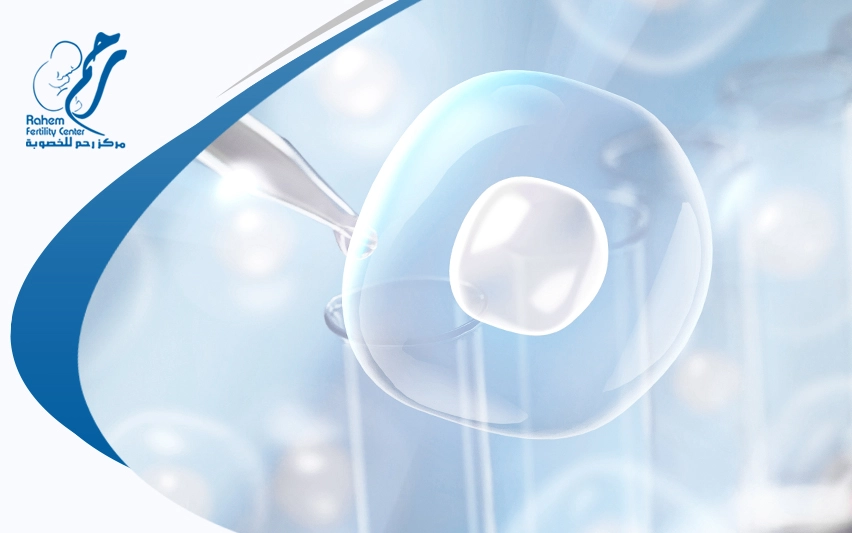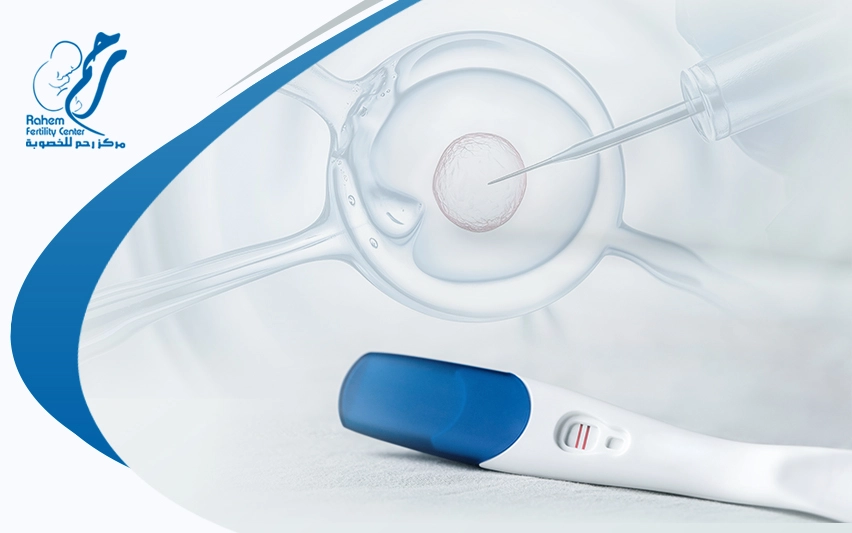Ever wondered why HIV often feels invisible at first?
That’s because the HIV incubation period is the quiet stage when the virus is already active but hasn’t triggered obvious symptoms. Let’s unpack this phase, answer your questions, and show why timing and testing matter more than you might think.
What Does the HIV Incubation Period Mean?
The HIV incubation period refers to the time between the initial infection and when symptoms become noticeable or when tests can reliably detect the virus. Surprisingly, this period varies widely. Some people show signs within a few weeks after exposure, while others remain symptom-free for years.
Is It Possible to Have HIV for 3 Years and Not Know?
Yes, it happens. Some people live with HIV without symptoms for years. That’s another reason why relying on feeling healthy isn’t enough.
The HIV incubation period doesn’t end when symptoms appear. It continues silently, damaging the immune defenses.
However, remember that being symptom-free doesn’t necessarily mean everything is fine.
How Long Does It Take for HIV to Show Up on Tests?
A common question is: How long does it take for HIV to show up on tests?
Tests look for antibodies or viral components, and these appear at different times:
- Antibody tests usually detect HIV within 3 to 12 weeks after exposure.
- Antigen/antibody combination tests can detect HIV about 18 to 45 days after exposure.
- Nucleic acid tests (NATs) can identify the virus as early as 10 to 33 days post-infection.
So while one test might show negative today, another could detect HIV a few weeks later, depending on which type is used.
When Should You Test?
Understanding the HIV incubation period helps you plan the right testing schedule:
- Test at least once, around 4 weeks after exposure, with an antigen/antibody test.
- Test again at 3 months to be sure antibodies have developed.
- If exposure was recent and you’re anxious, consider a NAT or PEP right away and test early.
You can find a clear answer this way instead of guessing from feelings alone.
Get your inquiry
At Rahem Center, our vision is to be at the forefront of distinguished scientific centers in the field of fertility assistance, not only in Egypt but in the world.
Also know more about: hiv symptoms in men
Home Testing vs. Lab Accuracy
Home tests often rely on antibody detection, and antibodies can take weeks to form.
Home HIV tests are a helpful starting point, but they’re not 100% accurate during the incubation period. A negative home test doesn’t necessarily mean you’re clear, especially if it’s taken too early. Always follow up with lab-based testing for confirmation.
Can HIV Be Cured Within 72 Hours of Infection?
There’s a myth that HIV can be cured if treated within 72 hours. In reality, treatment within that window means post-exposure prophylaxis (PEP), not a cure.
PEP is emergency medicine after possible exposure to a biological agent. It must start within 72 hours to help stop the virus from taking hold.
It doesn’t remove HIV once it’s in your cells, but it can often prevent infection altogether if taken correctly. That’s why it’s critical to act fast after exposure.
know more about: causes of hiv aids
Why Some Patients Miss The Early Signs?
Some patients experience acute HIV symptoms:
- Fever.
- Chills or night sweats.
- Rash.
- Swollen glands.
- Sore throat.
- Muscle aches.
Not everyone gets these symptoms, and some think it’s just the flu. That’s why relying on symptoms isn’t safe. By combining HIV testing with awareness of the HIV incubation period, you’re making the most responsible decision for your health.
know more about: hiv symptoms in women
Don’t Wait for Symptoms
Knowing the HIV incubation period isn’t just about timing. It’s about taking smart action. Feeling healthy doesn’t guarantee safety; getting tested at the right times does.
If you’ve been exposed, don’t wait. Start with a home test, follow up in the lab, and consult the physician.
Early knowledge gives you control over both your health and your future.
At Rahem Fertility Center, we believe in empowering you with not just advanced technologies and proper treatment plans, but also with the support you need throughout your journey.



